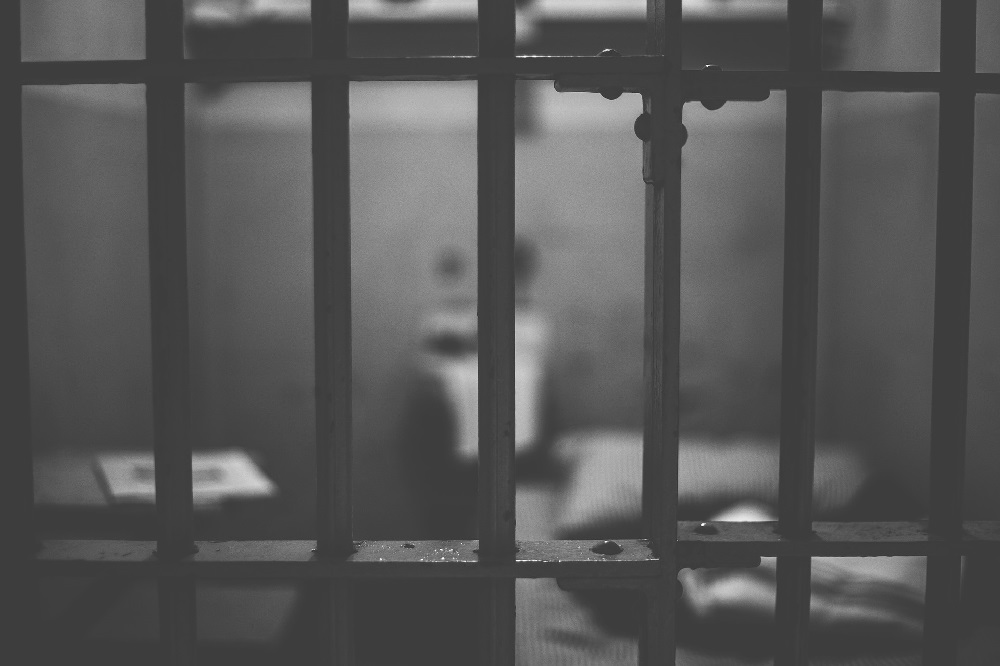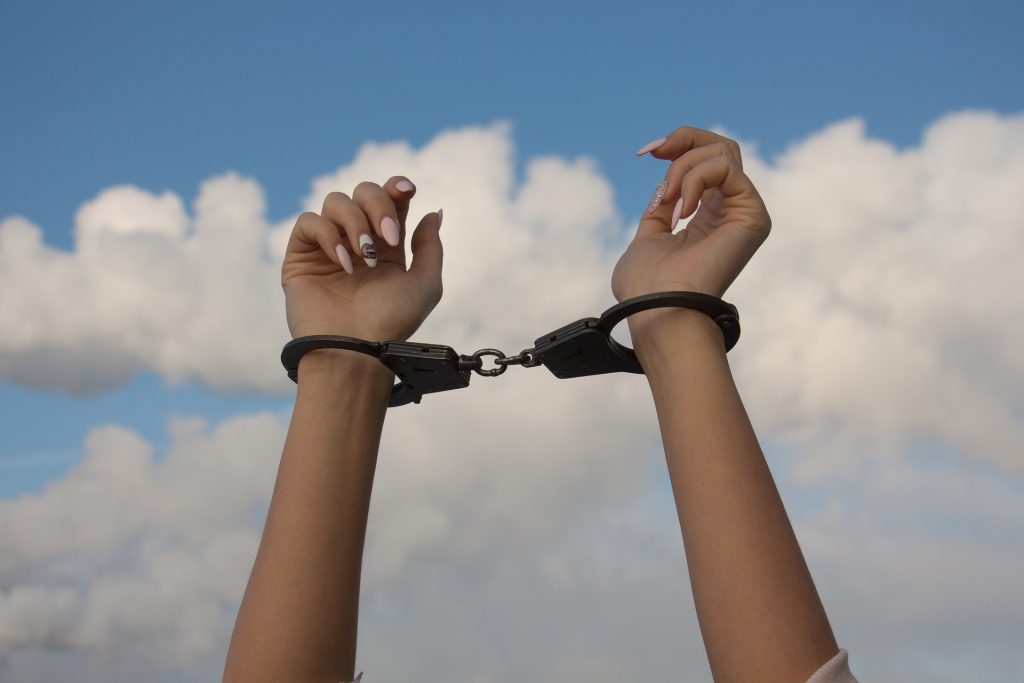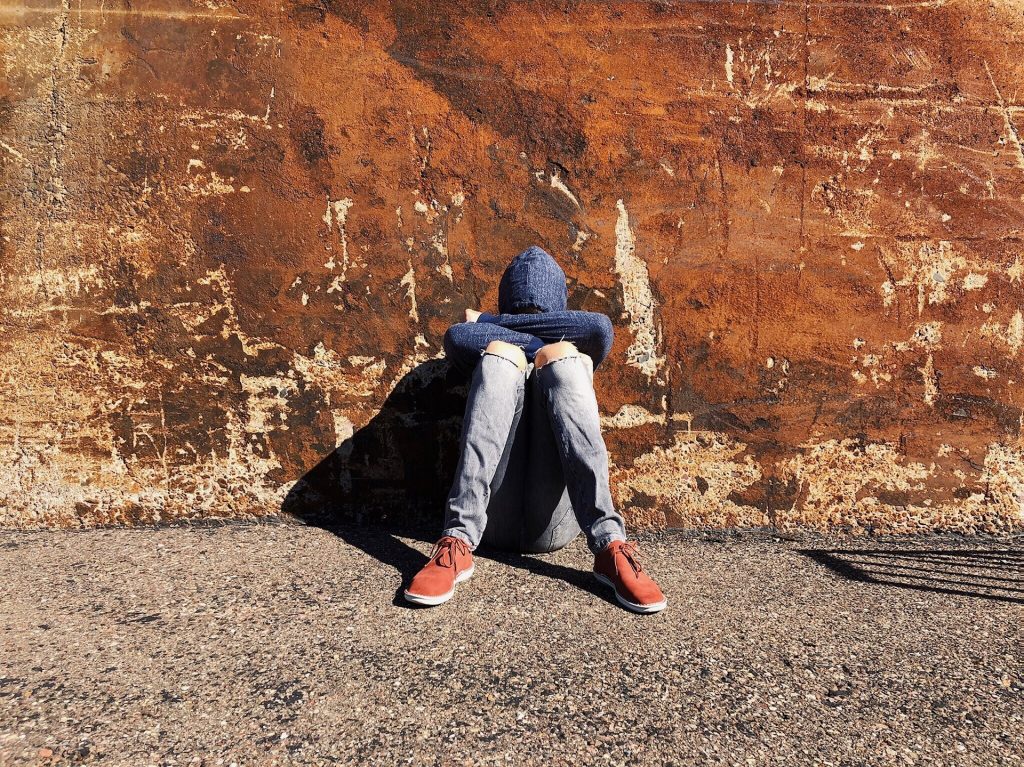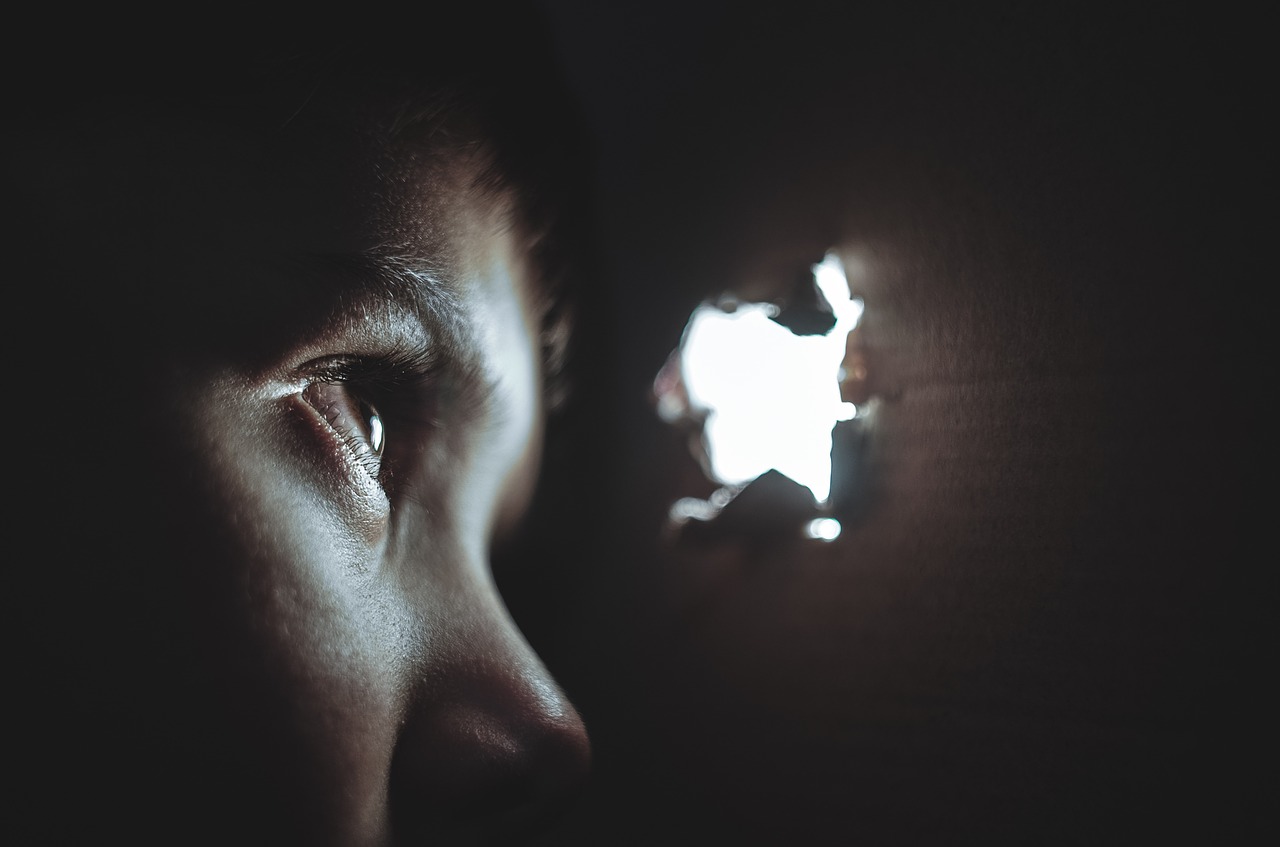The number of child slavery cases has doubled in the UK as drug gangs are relying on young people to traffick illegal substances across the country.
The number of child slavery cases rose from 676 last year to 1421, with two-thirds of the cases linked to drug trafficking and the rest to sexual exploitation.
Trafficking and modern slavery cases have risen by 80 per cent in the last two years in the UK, which the National Crime Agency (NCA) accounts to “greater awareness, understanding and reporting”.
Overall, at least 7,000 suspected victims of slavery were uncovered.
A Snapshot Of Actual Crime Numbers

Credit: Pixabay
These are vulnerable individuals – often children – who are exploited by criminal gangs for the purposes of drug trafficking.
Roy McComb, deputy director of the National Crime Agency
Roy McComb, the deputy director of the NCA, explained that the figures only represent a “snapshot” of the real number of slavery cases.
The Global Slavery Index estimates that there are at least 136,000 modern slaves in the UK.
“Our understanding of the threat is much greater than it was a few years ago, and modern slavery remains a high priority for law enforcement, with around 1,500 criminal investigations currently live in the UK.
“The more we look the more we find, and it is likely these figures represent only a snapshot of the true scale of slavery and trafficking in the UK,” McComb said in a statement.
McComb added that exploitation by “county line” drug gangs was “of particular concern”, as they target children in foster homes and homeless shelters, often using social media.
“These are vulnerable individuals – often children – who are exploited by criminal gangs for the purposes of drug trafficking,” he said.
The Modern Slavery Act

Credit: Pixabay
The more we look the more we find, and it is likely these figures represent only a snapshot of the true scale of slavery and trafficking in the UK.
Roy McComb, deputy director of the National Crime Agency
The Modern Slavery Act, which was introduced in 2015, came under review as critics said that the government is not doing enough to convict traffickers.
“Victimless” prosecutions are common in the legal system, as hopes to spare survivors from trauma. However, this means that victims are going without compensation.
Politicians who reviewed the act found that courts were failing to provide victims with compensation, and urged judges to always consider the power of reparations.
“Compensation for victims ought to be at the forefront of the Court’s mind,” the report read.
As well as better compensation, the report insisted that perpetrators should have their assets should be frozen, which would “ensure that there could be funds available post-conviction” for victims.
Children’s Rights

Credit: Pixabay
Children’s rights have become a central issue as gang-related crime increases across the UK.
In London, the rise in knife attacks led to proposed amendments to the Offensive Weapons Bill.
However, concerns were raised by the Joint Committee on Human Rights that the proposed amendments may criminalise children “not for carrying a knife (which is already against the law) but for breaching requirements which could be imposed in ways which prevent them from living a normal life”.
When it comes to drug trafficking, children’s rights need to be at the front and centre when making policy changes to the Modern Slavery Act to ensure that young people continue to be the victim in the crime and do not become the perpetrator.
Main image credit: Pixabay







